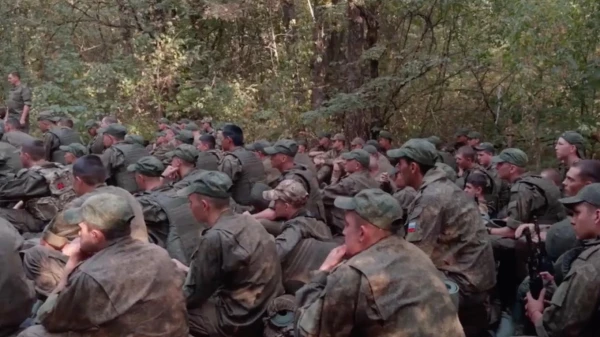
The current 'rejected' will return to society after the war.
Recently, a debate erupted in the Russian-speaking segment of the internet about whether Russian soldiers, who consciously and for money hire themselves to kill the residents of a neighboring country, deserve understanding and sympathy — with participants often expressing opposing viewpoints. On this topic, the well-known Russian economist Vladislav Inozemtsev, now living in the USA, published an extensive article in the Moscow Times.
Disposal of Russians
"At the same time, chilling reports emerged detailing how one part of these mercenaries sadistically 'neutralizes' another part. The backdrop for all this was the news agencies’ reports, day by day narrating the constant increase in the frequency and intensity of Russian strikes on Ukraine, the growing pressure on critically important sections of the front, and even local successes of the Kremlin's hordes.
The moral and ethical side of the issue provides no grounds for discussion. An aggressive war is criminal in itself, but participants can be viewed with a certain leniency if, on the one hand, they are participating involuntarily and, on the other hand, are not directly involved in punitive operations or strikes against the civilian population.
In our case, there is no need to discuss the second aspect: for three years now, since the end of the 'partial mobilization,' the Russian army has been formed mainly voluntarily (or quasi-voluntarily, but in any case not through coercion). Therefore, the only thing I can wish for Russian mercenaries in Ukraine is a not too painful but inevitable death.
However, I would like to touch on another aspect of this war that usually remains in the shadows.
Since the beginning of the 'special military operation,' at least 220,000 Russians have died on the front, and likely significantly more, commentators write — and they cite the significant damage inflicted on the Russian economy and, more broadly, Russian society, which has lost such a mass of people. This thesis seems quite dubious to me; I believe that the majority of Putin's mercenary army, formed between 2022 and 2025, consisted and consists of individuals who are, even theoretically, unnecessary for the Russian economy, and their 'disposal' during the aggression against a neighboring country in no way can contribute to the economic or social degradation of Russia.
If we take the official data that around 300,000 people were mobilized for participation in the war in 2022, from no less official estimates of the total number of the grouping at more than 600,000 people, and from the number of killed at 220,000 and those incapacitated due to injuries at 400-500,000, and also add in the calculations 60-80,000 missing persons, we can say that in almost four years, about 1.5 million Russians have participated in military actions. The social portrait of these people has not been compiled (more or less is only known about those who, as a rule, did not voluntarily fall into the grinding wheels of 'partial mobilization' and to whom what is said below applies with significant corrections), but much becomes clear from surveys in private studies.
Firstly
Even in 2023-2024, a sharp increase in the age of those signing up to become mercenaries was noted. A report from the CASE center titled 'The Price of Life,' released in December 2024 and based on surveys of Russians, indicated the maximum willingness to participate in the war among individuals over 50 years old; the military themselves spoke of the same starting from the summer of 2024 ('Half of those who come are over fifty, maybe even more'); it was noted that the average age of recruits increased by about ten years in just one year or less — between the beginning and the second half of 2024, when the activity of recruiters and the amounts of regional bonuses were at their peak. Apparently, a significant portion of those voluntarily signing contracts are people who, to put it mildly, see no other opportunity to earn a living, or, more accurately, simply see no prospects for themselves in Russian reality. In other words, service in the Russian army today is rapidly becoming the lot of individuals of pre-pension age or those rejected by the labor market.
Secondly
Even earlier, the authorities themselves, with rare cynicism, pointed out that an important criterion for entering the corresponding 'contingent' is the economic insolvency of individuals — even those of a younger age. Two years ago, in recruitment recommendations distributed by the presidential envoy's office in the Central Federal District, it was stated that special attention should be paid to individuals with significant debts under enforcement proceedings; recognized as insolvent (bankrupts) or for whom the procedure for recognizing insolvency is underway; officially not receiving income and not making tax contributions, as well as those registered with employment services. Combined with the well-known statistics of recruitment from the most economically disadvantaged regions or from the deepest Russian 'backwoods,' it confirms the obvious conclusion that the focus is on people not included in active economic activity.
Thirdly
As is known from the first months of the war, prisons and colonies became a crucial source of replenishment for the Russian army. The 'population' of male colonies has decreased by an estimated 30-40% (or by 200-250,000 people) since 2021, with almost 90 correctional institutions closed. Thousands of cases are known of sending defendants and accused individuals to war — the possibility of terminating criminal cases against them was legalized in 2024. Instructions also refer to potential recruits those 'for whom the internal affairs bodies are conducting administrative supervision' and 'individuals registered for preventive accounts with the district police officer.' And although it should not be asserted unequivocally that all such citizens are indeed hardened criminals — the number of fabricated cases in Russia is enormous, and in wartime conditions and the 'demand' for 'cannon fodder,' it is by no means decreasing — it is hardly questionable not only that people of not the best moral character end up in the troops but also that it would be difficult for them to find any other application besides mercenary service.
Fourthly
Numerous cases of recruiting foreigners and labor migrants are known, some of whom end up in the military through deception or intimidation — the emphasis in this case is officially placed on those who have committed offenses or are awaiting deportation, as well as those for whom a decision on granting citizenship has not yet been made. Organized sweeps of migrants began in Russia as early as the summer of 2023, when the effect of 'partial mobilization' had already worn off, and the 'race for bonuses' for signing contracts had not yet begun. Currently, there is no such explicit emphasis on this group, but it is quite possible that it will come back into focus as recruitment rates decline and regions increasingly face a shortage of funds to pay bonuses for signing contracts. We are talking about people who, in one way or another, cannot (or could not) be involved in the Russian economy.
Finally, Fifthly
Recently, commentators (and even Z-bloggers) have noted that the contingent fighting in Ukraine is rapidly sliding into a state of potentially unfit for work — due to the rapid spread of dangerous diseases. From the beginning of 2022 to the second half of 2023, the number of HIV infections in the army increased twentyfold even according to official data — and more than 99% of these cases were among contract soldiers who (or for whom) provided fake health certificates. The same applies, for example, to hepatitis C — in field conditions, infections spread especially quickly, doctors often do not take blood tests and use reusable medical instruments (and not only for that reason). The Russian army is turning into a gathering of people infected with deadly diseases, the prevention and even more so treatment of which are not conducted in combat conditions. A significant part of this contingent will never return to socially useful activities, even if they were previously engaged in them.
Social and Moral Catastrophe
I will not speak here about the level of education of Russian mercenaries; about what share of them had no families or left their families; about the prevalence of drug addiction or alcoholism among them; and even about the scale of antisocial behavior of those who returned from war temporarily or permanently — what has been said above indicates that a significant (if not larger) portion of the 'participants of the special military operation' consists of people whose loss will not negatively affect either the Russian economy or Russian society.
That is why I have long said that the 'death economy' introduced since 2022 — a system in which payments to mercenaries for service and death are significantly (and in relation to 45-50-year-olds, by several times) higher than what these individuals could earn before retirement under practically any realistic employment scenario — has become Vladimir Putin's economic find: it allows Russians to turn their insignificant lives into a significant financial asset. (My new book, 'Death Economy,' will be published by Freedom Letters in early 2026.) There is no better use for them — however cynical such a statement may seem — in today's Russia.
All this in no way means that Putin's war has become/will become some kind of 'cleansing process' for Russia, in which various kinds of declassed elements will be ground up. While reflecting on this article, I constantly returned to the famous book by French philosopher Frantz Fanon, published back in 1961 and originally titled Les damnés de la terre (in English translation — The Wretched of the Earth, in Russian these words sound like: 'Arise, ye damned of the earth! — and this is the first line of the communist anthem 'The Internationale'). In it, reflecting on colonization and post-colonialism and assessing the problems that colonizers and the colonized will have to face for many decades, the author wrote that the division of the world into the admitted and the rejected and the consequences arising from this will long determine both the appearance of humanity and the challenges it will have to live with.
Something similar, obviously, applies to Russian society, into which the current 'rejected' — people for whom killing and death have become the very content of life — will return after the war. This society, which will have to endure the consequences of the ongoing social and moral catastrophe for as long as the modern West has to endure the echoes and belches of colonialism, will become the main legacy of Vladimir Putin and the sharpest problem for Russia in the 21st century.

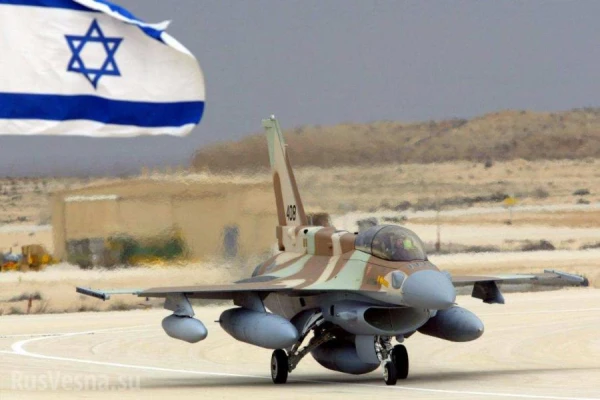
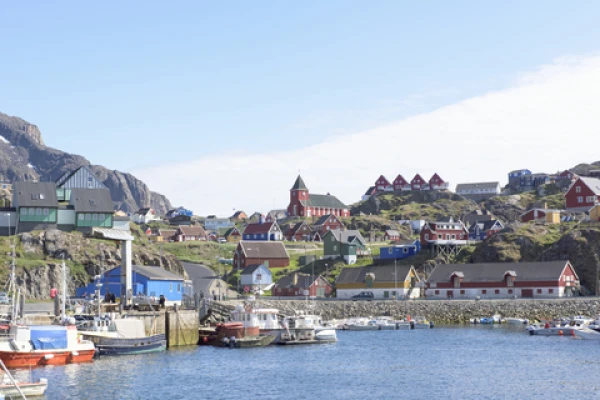

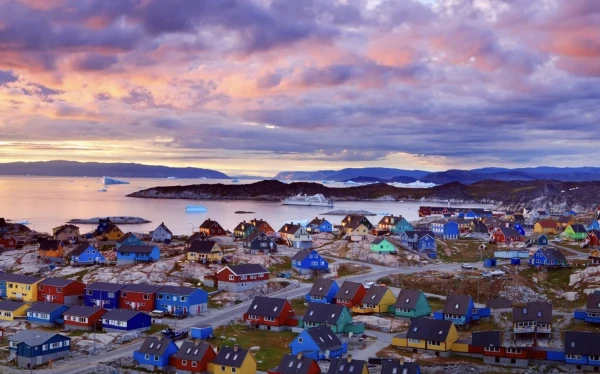
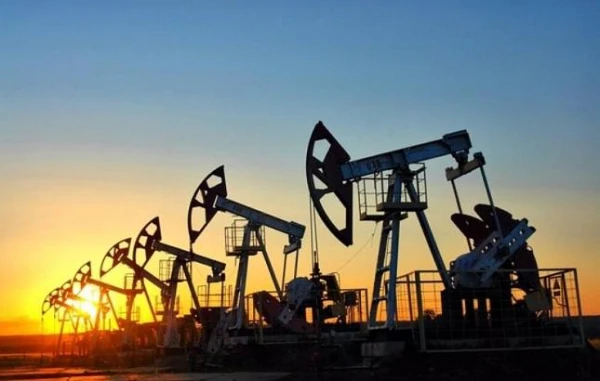
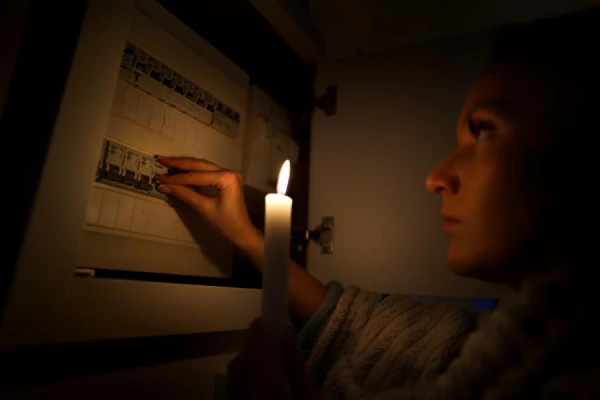
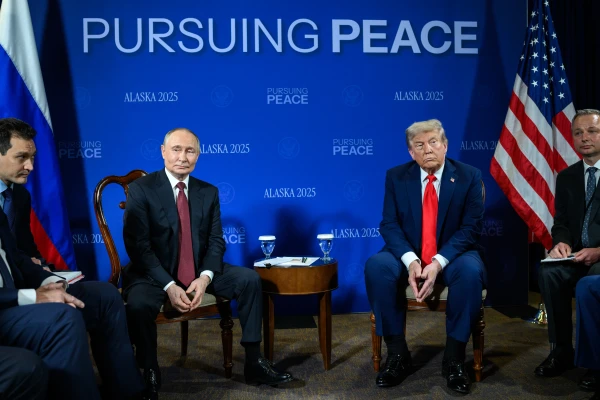
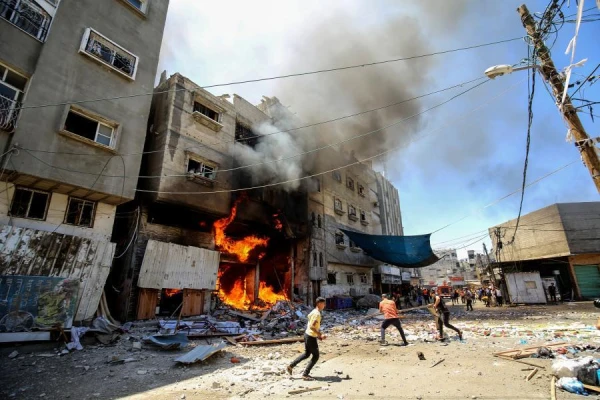



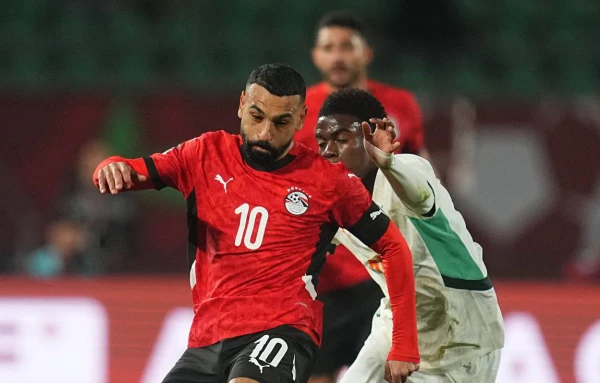
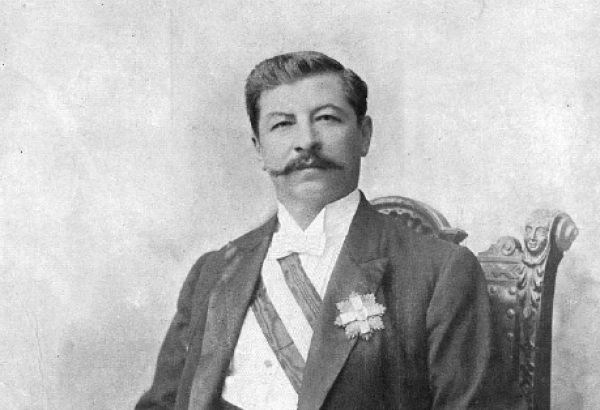
Leave a comment